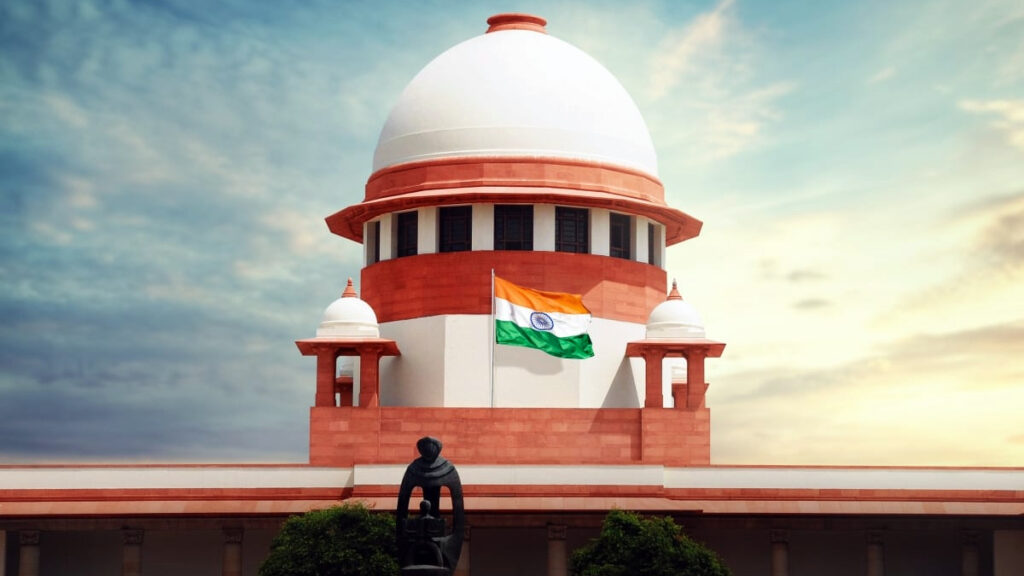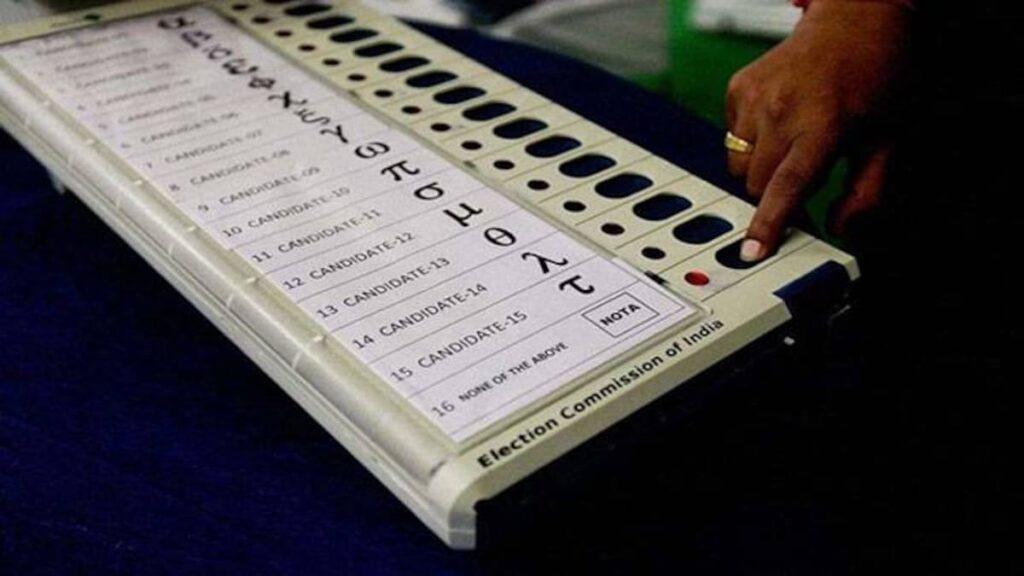
Is Iran’s New Hijab Law Really a ‘Gender Apartheid’?
Last Updated on September 11, 2023 by Administrator
What is the new gender apartheid in Iran?
- According to UN experts, Iran’s proposed new hijab law might amount to “gender apartheid.”
What led to this gender apartheid in Iran?
- In Iran, women are compelled by law to wear Islamic head covers known as hijab in public. Women who break the law are penalised.
- The proposed new hijab legislation, which is presently before an Iranian parliamentary committee, imposes new harsh penalties on celebrities and companies that either violate or celebrate the hijab rule.
- The UN experts’ views, as well as the new law, came only weeks before the first anniversary of the death in custody of Mahsa Amini, a 22-year-old ethnically Kurdish Iranian woman, which sparked months of widespread demonstrations in Iran. Protesters walked bare-headed and openly tore and burned their hijabs in protest of the Iranian authorities.
What are the conditions of women in Iran?
- Aside from the hijab, women are also required by law not to wear form-fitting or exposing clothing. The mixing of opposing genders in public places is likewise restricted. Along with the issue of hijabs, one of the problematic aspects of the proposed new law concerns segregation.
- According to Iran International, offenders of the proposed new Iranian hijab rule will be barred from working and fined up to $1,000.
What would be the repercussions of this law?
- Adherence to hijab legislation, if enacted, would become a prerequisite for future employment in either the private or public sectors. Clothes that expose the neck, arms above the wrist, or legs above the ankles are considered ‘inappropriate clothes’ and are punished by a monetary punishment of as much as 500 million rials ($1,000) for the initial offence.
- Women sentenced under the suggested new hijab legislation might face a fine, a prohibition on departing the nation, and a ban on public internet activity for up to two years, according to RFE/RL. This is especially troubling for celebrities and influencers, whose careers and reach might be jeopardised by travel and internet prohibitions.
- The proposed law may be defined as a sort of gender apartheid since officials appear to be ruling via systematic bias with the goal of crushing girls and women into submission.
Written by – Nikita Shankar





